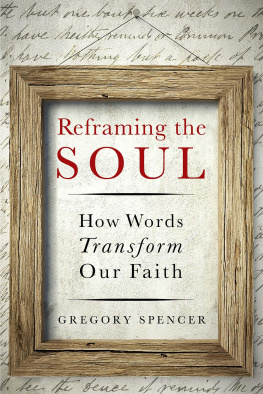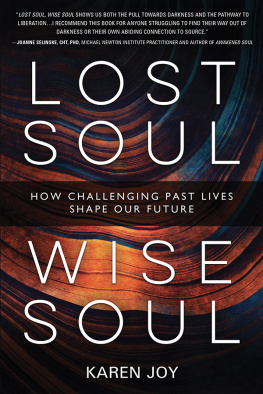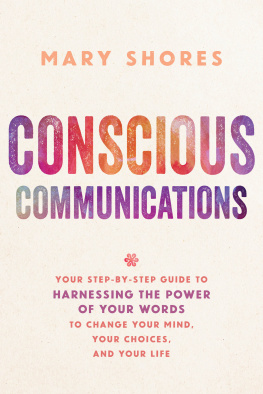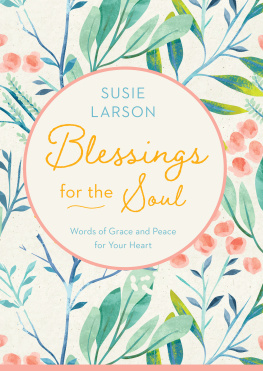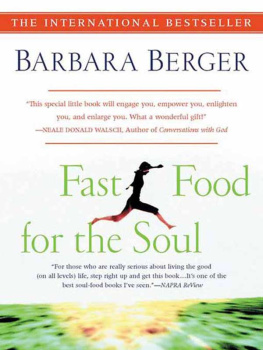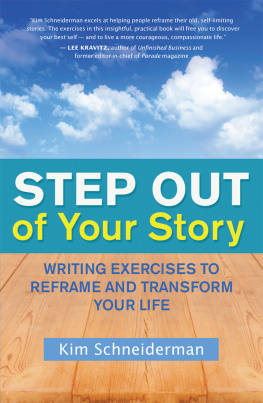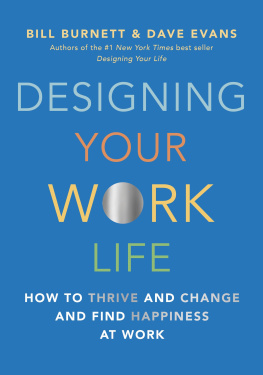INTRODUCTION
Fifteen Years Down the Hatch
I am saddened that my tongue cannot live up to my heart.
St. Augustine
My parents did a lot of things right. They taught me that I could not take credit for my circumstancesfor my social class or color of skin or any particular God-given talent. They reminded me that being funny, no matter how good the joke, did not justify being mean. In his workshop, my dad showed me how to use power tools without slicing off my fingers (though one time I managed to push my thumb into the band saw). And my mom made me feel great by laughing at my high school escapades, one involving a stolen stop sign, pole and all. Though my parents didnt say it, I knew they loved me.
But my parents also got drunk every night for fifteen years.
Increasingly, from my early adolescence through my early marriage, most of my parents off-the-job moments involved a beer or some bourbon in their hands. After living through years of glassy-eyed stupors, I couldnt stand to be with them. Every moment in their chemically altered presence ate at me. If I made the mistake of coming home, and my mom saw me tiptoeing into the house with a buddy, she threw her arms around my friend and slurred how happy she was to see him. This did not go over well.
Our household was a mess. Moldy food reeked in the fridge or on the stove. While the TV blared at my parents in the den, the three of us kids fought through our meals alone in the kitchen.
You are such an idiot.
You are an idiot plus ten.
Shut up. I should scream until Dad comes in.
As if hed care.
One Christmas Eve, my mom drank until she passed out on the living room floor. My dad staggered from wall to couch. Disgusted, I stormed out and, sobbing, drove slowly around a friends house until the mom saw my pleading face and let me injust as they were opening their presents.
For years, when I talked about this period in my life, I said that though I knew my parents deep down loved me, they abandoned me through their drinking. They made life at home miserable and lonely. For the most part, I was on my own for money, advice, and finding whatever recognition I could. They did not coach me about college or check in about my life. They just werent there as parents for my siblings and me. What did exist at home was often painful. So, the painful truth was that they abandoned me.
Yet, slowly, over about twenty years, without denying the suffering I experienced, I began to talk about my parents in different terms. I reframed the situation. After dwelling in the knowledge of forgiveness, after coming more to terms with my own anger and sadness, I could eventually say that they were broken people who needed healing. Though the alcoholism was monstrous, they werent monsters. They were ordinary people who had made poor choices as they coped with the stresses of work, marriage, and children. My dad had seen terrible things in World War II. My mom did not know how to work through conflict. These circumstances didnt excuse their bad behaviorbut I realized that I have my bad behavior too, behavior that I consistently view through the lens of Gods grace. We are all wounded souls.
I had framed my story one way and then I reframed it another way. Was the first summary a lie and the second the truth? No, both ways of naming my experience were part of the whole. But until I could articulate the second versionI could not seem to live out its meaning. The first frame emphasized my victim status, what had been doneto me. The second one underscored my parents wounded condition, something we shared. I began to see that we frame our storywe tell it with certain words that get us to see it in particular waysand then our story frames us.
Whichever way I labeled my experience, I lived in the story I told. As a language-user, Im bound to all the audacious capacities and frustrating limits of words. We label, we name, we frame all of our experiences, past, present, and future. We give words to our inner and outer worlds. In doing so, we construct a kind of home we carry with us.
Carrying a home might conjure up images of turtles lugging around their shells, their homes. But perhaps you could imagine not a turtle-shell-on-our-backs kind of home but a regular house we carry, an extension of our bodies that has walls and doors and windows. The idea is that we live in the homes weve made with our words, so we see only whatever the word-windows allow us to see. And thats what we usually do: we look out from inside the frame, through the pane. I once saw my parents from inside the frame of reckless deserters, but now I see my parents brokenness because I am viewing them through the window of the word broken.
We are used to looking out through the windows to the world outside. This book refocuses our attention to the windows themselves, to the words we use. Sometimes we notice that the words we use need to be cleaned up or replaced. We realize that last night wasnt awesome; it was pretty ordinary. Sometimes our houses need to be remodeled. A significant disappointment such as a death or a divorce might shake our faith to its very foundation. A surprising joy such as a pregnancy or a hike in a rain forest might awaken belief in a Creator.
I believe we all need to reframe our stories, at least parts of them, in order to heal, to discard lies, to move from partial truths to richer, fuller explanations, to see our lives as God sees them.
This kind of review is the purpose of Reframing the Soul: to walk through our houses and take a good long look at how they have been madeto examine how our word choice has influenced us and then to decide if we want to make any changes. Do we want to wash some windows, move some pictures around, or do some full-scale remodeling? To some degree, we are architects of our own houses. We decide which frames to use, where to put our windows, what words through which well see our lives. Theres an art to our word choice. And that art can lead to the transformation of our faith.
A key question along the way is: When we frame our lives, whats in the picture? Am I a failure or a work in progress? Is life a bowl of cherries or a rotten heap of stinky fruit? Is life a mystery story, a treacherous hike along cliffs, a dance choreographed by a loving Godor all of the above? How we speakhow we frame thingsmatters. We tend to think that life comes to us just the way it is, but life comes to us, not entirely but significantly, through the way we see itand we see it as we label it in words.
The reframing of my parents behavior dramatically transformed my life. For my sake and theirs, I needed to see that my parents were not just parents but persons who, like all human beings, struggle and fail and need help. Until I could articulate these words, until I could imagine my parents more sympathetically because of these words, I struggled to change my relationship with them. Until I changed my habits of speech and spoke of my parents as potential recipients of forgiveness, I was not able to fully forgive them. But once I did forgive them, I began to connect with them more meaningfully and to look honestly at my own bitterness and lack of compassion.
As long as the main story line was their cause of my pain, my anger endlessly cycled through the same arguments and evidence against them. I was stuck in one vision of things, and getting unstuck took years. Among other habits and choices, I needed to stop talking about my suffering in the same blame-oriented way, to stopas we all tend to dolooping through the same defensive story in my head. I needed to reframe. As I did so, I saw (more than I wanted to believe at the time) that the house I lived in was one

